AI and Your Workforce: Mental Frameworks for Success
Last week, I had the opportunity to discuss practical AI at a conference. I’d like to share some of the insights from that conversation here.
In my opinion, a key aspect that many people miss about AI is the mindset shift that needs to take place to truly unlock its potential. We’re aware that Large Language Models (LLMs) can convincingly mislead, so it’s currently essential for staff and leaders to understand that the most effective uses of AI amplify existing knowledge rather than venturing into uncharted territory.
For instance, many of us as business owners have read hundreds if not thousands of contracts. While we’re not lawyers, we have a pretty solid sense of legal logic and prose. Therefore, using LLMs for contract review or language modification is within our competence to assess and quickly adjust (though finalization should always be done by a qualified lawyer). The same applies to many tasks marketers perform – because we understand the subject, AI becomes rocket fuel to power output. However, if you stray from your core knowledge (your “art”), you’re inviting trouble.
I visualize it this way:
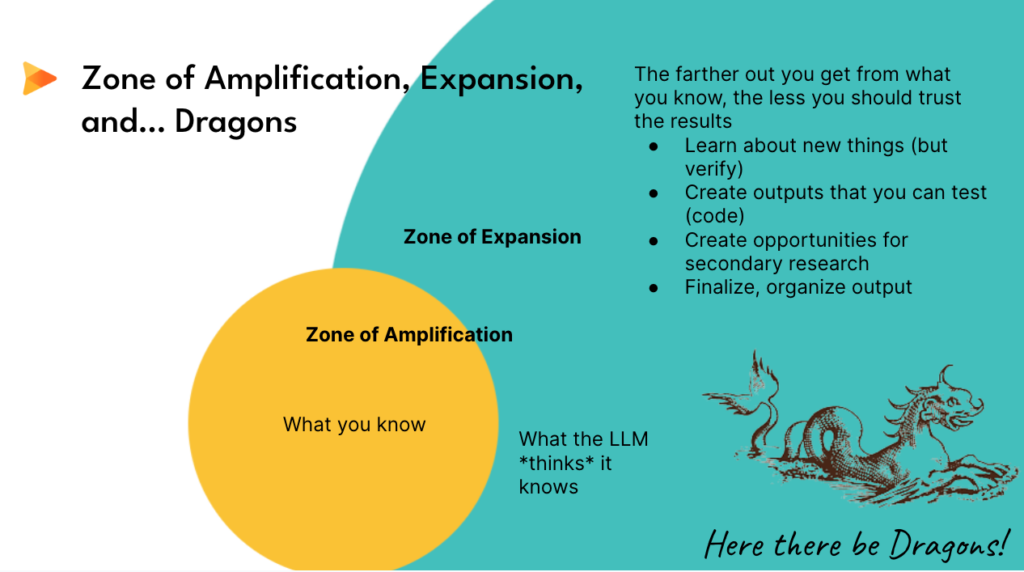
For now, do your best to empower your people in that “Zone of Amplification” and make sure that they/you ask themselves:
“How much do I know about this?”
A lot: Great, that’s well in the zone of amplification. You should be able to get to 80-90% of what’s needed. Ideate & produce!
A little: Trust… but verify. Use the outputs to identify avenues that you can pursue, but do not trust citations, regulations etc. Hunt them down, use LLM plus external sources to constrain the data and go from there.
Nothing: Uh-oh, here there be dragons. Stick to high-level macro topics like “teach me about X as if I were a 12th grader” or find source material to constrain information.
These zones are different for everyone- a designer is going to have loads of production knowledge, a financial engineer will know a ton about data, a DR pro will know a lot about ad structure and language and so on.
Yet, a lot of AI Guru marketers are completely ignoring this framing- it’s quickly become “a thing” to create industrial scale content about subjects about which they know nothing by simply using GPT with a SEO/Blog prompt to output something about something. Editing, if any, is done to soften the AI language and lessen the odds of another AI detecting it for what it is. There might be value in that for a internet second or two, but my firm opinion is that the regurgitation of AI generated, unverified, un fact checked content is going to be hugely destructive to the LLM models (garbage in, garbage out) and thus is going to get severely punished by the SEO gods. Instead, we need to be using AI to amplify our ability to create novel content by drawing from higher tier research.
Practical example Situation: Kevin wanted to write a blog article on afflictions of pinky toes ( digitus minimus pedis)- this falls into the category of “Kevin knows a little” about this (no he doesn’t) but he can still amplify his output by levering GPTs capacity for contextualizing and summarizing as well as it’s ability to create prose.
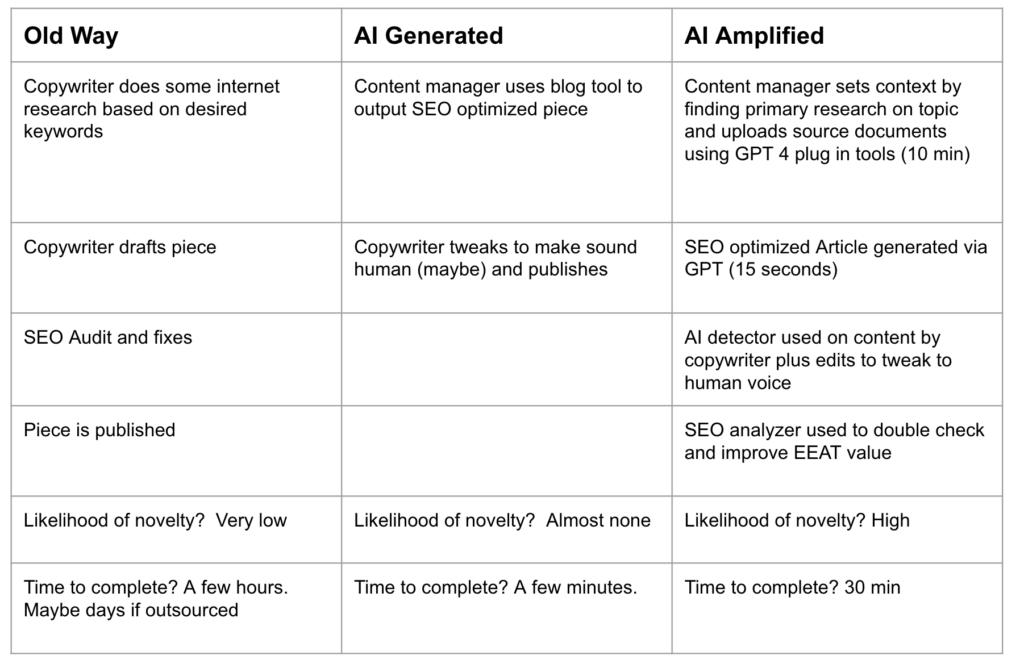
Part of the point to convey to staff is that although the workflow is different, there is still work here and also art. Kevin’s “art” here is finding a credible source (ideally cited BTW) and teasing the right output from the AI in iterative steps not just by blunt force and THEN applying a authentic human layer to the content in terms of polishing.
I get that this is going to be contentious for the real artists out there (and what they do will always have value IMO), but on a practical level (and lacking in personal written artistry) the level of content and quality I can get from AI amplification is sooooo much better than I would get for low tier, probably offshore copywriters!
So, when help your people identify their zone of amplification and their art the rules for use become so much more clear.


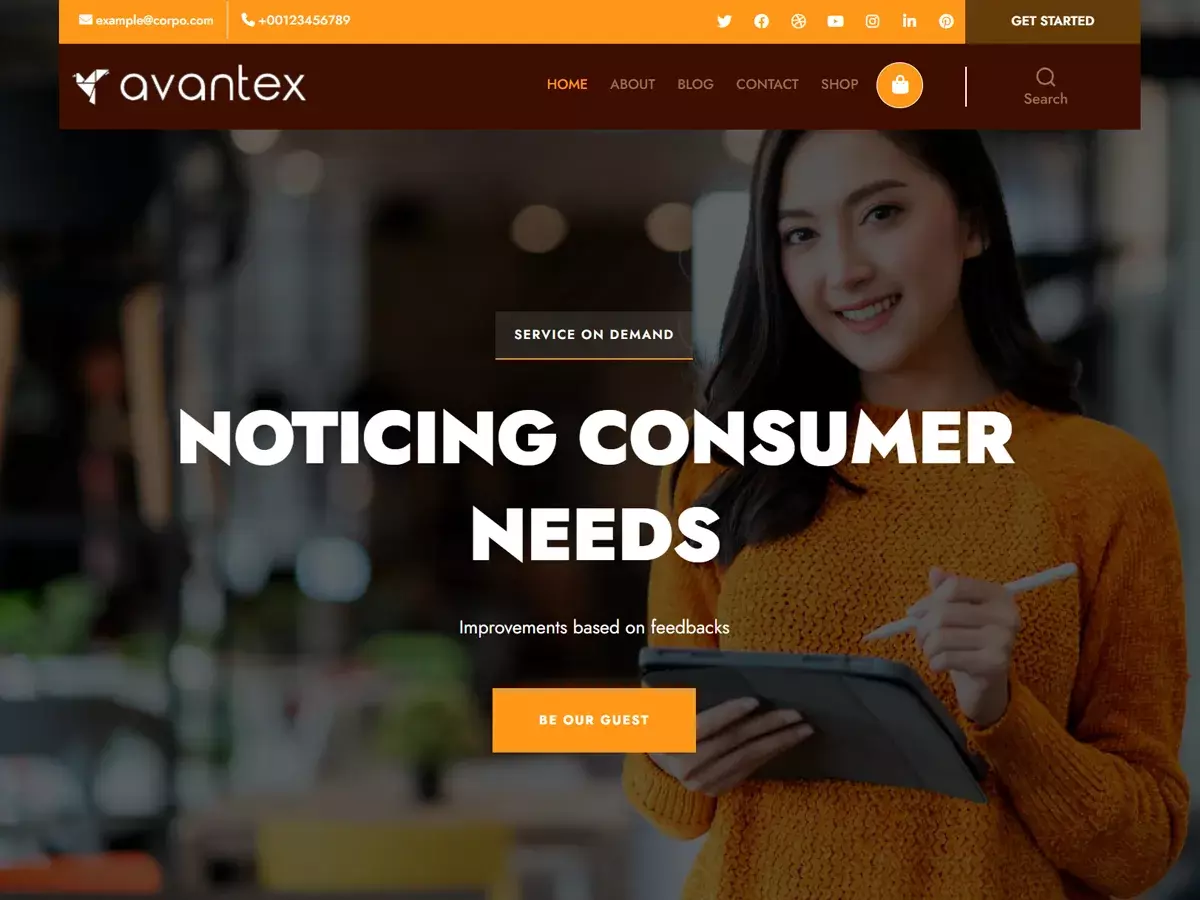


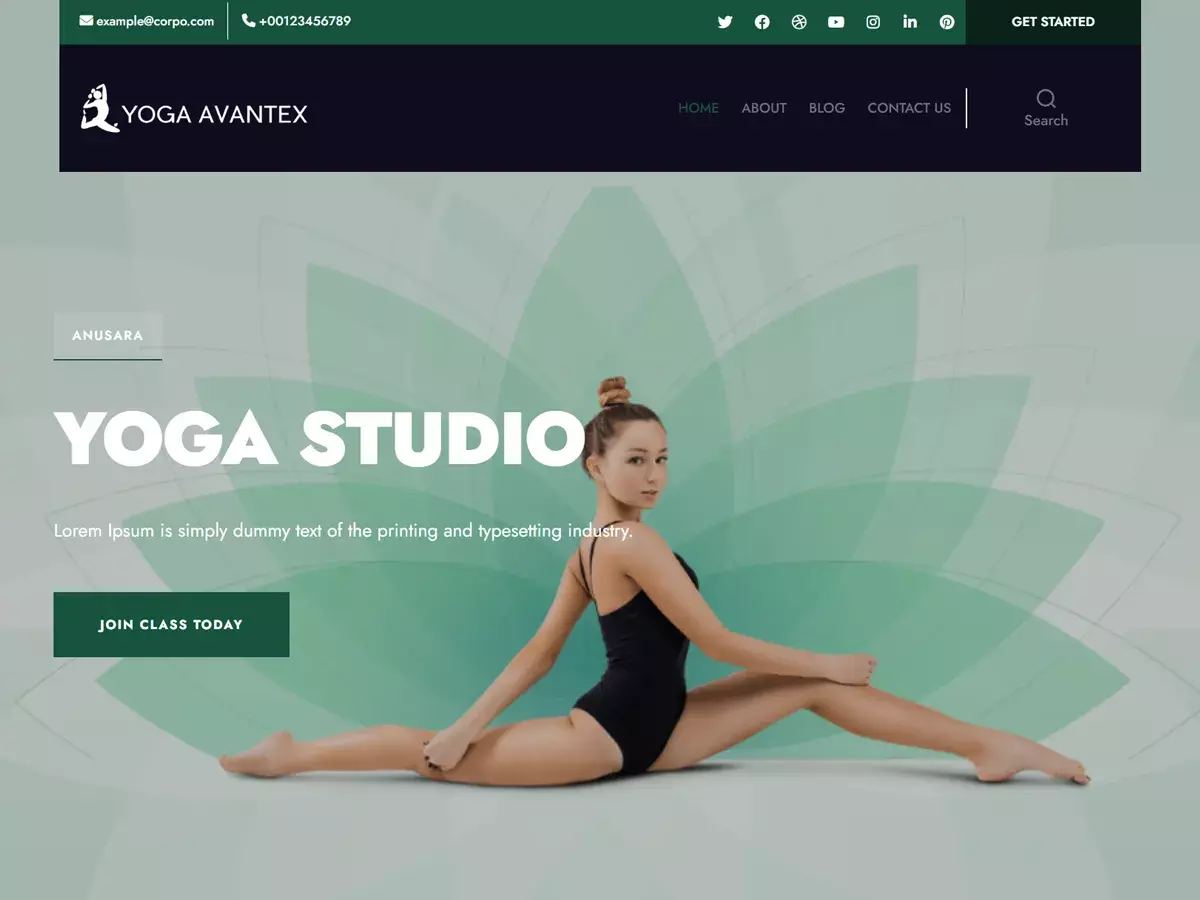
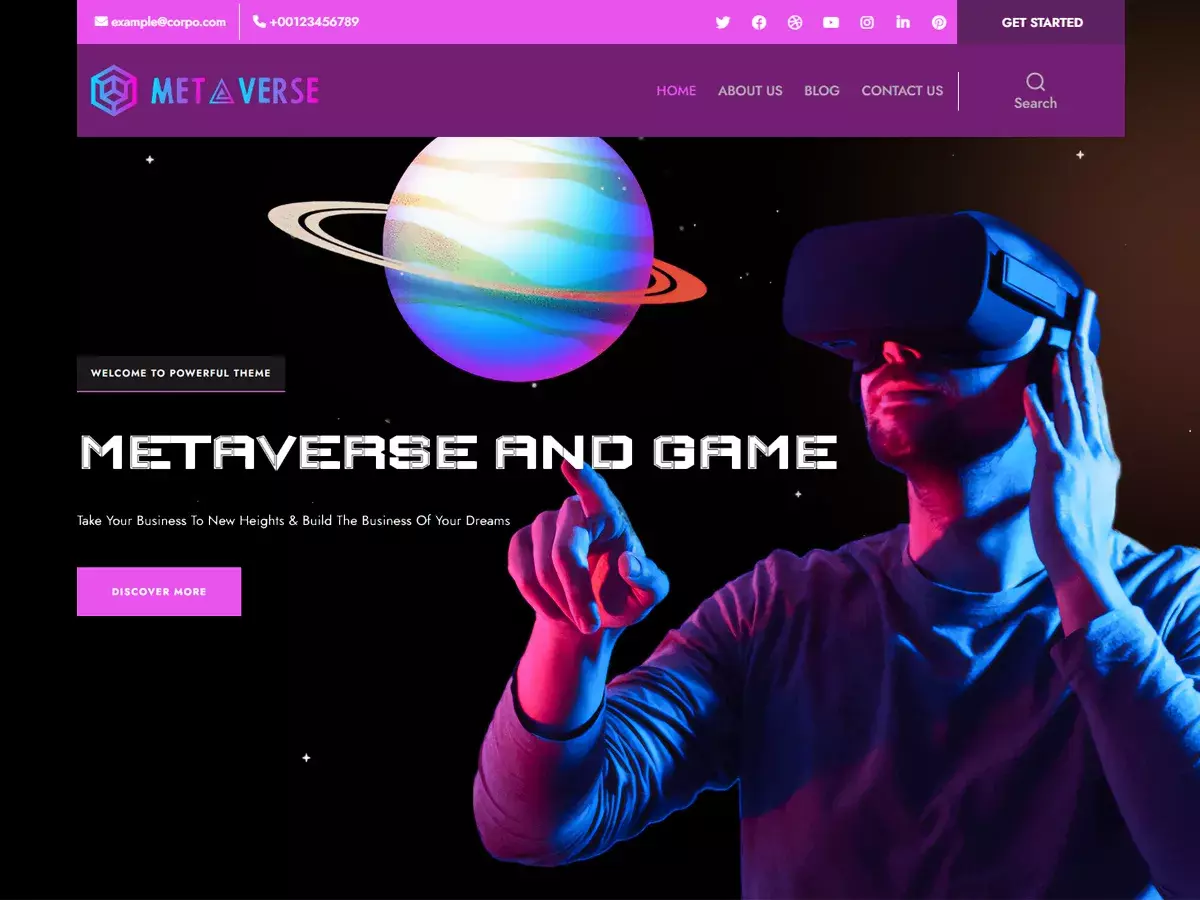

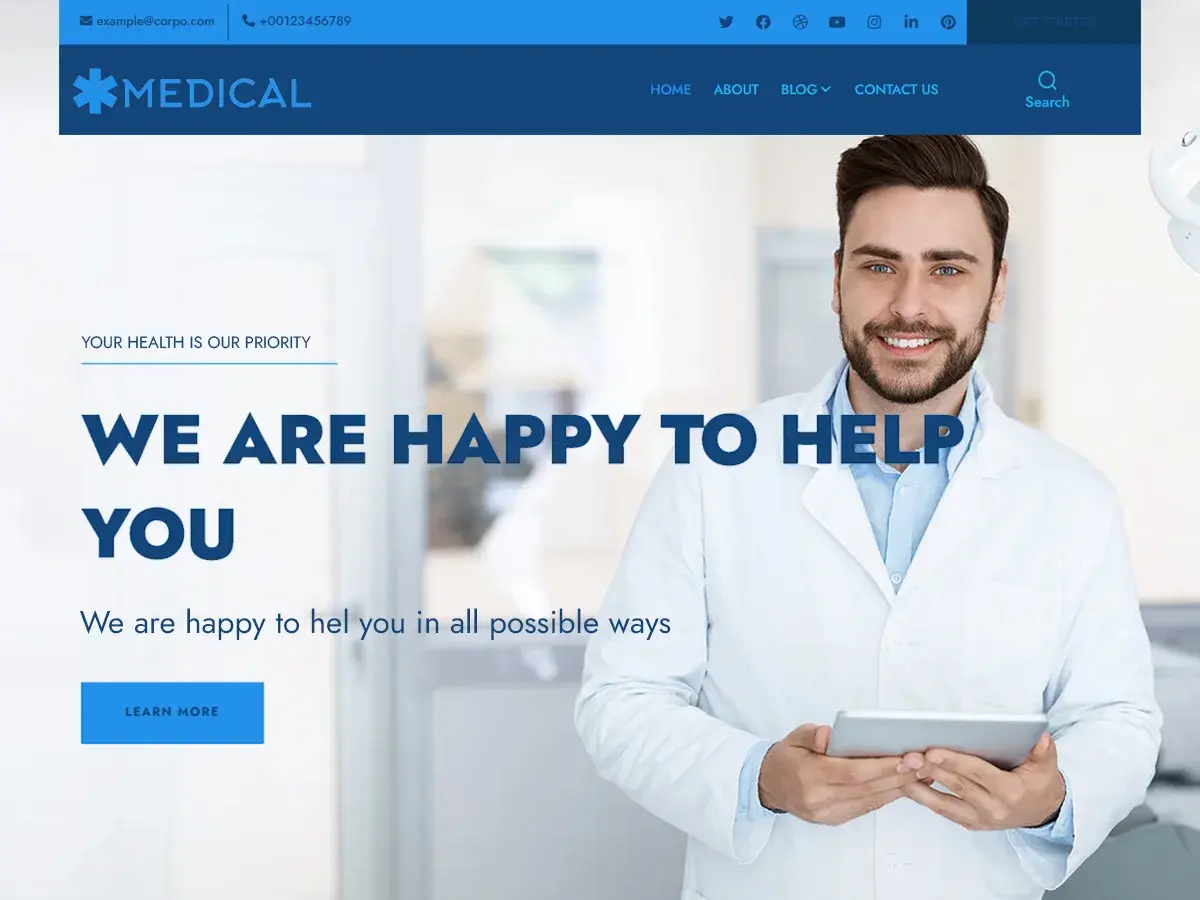

Comments are closed for this post.